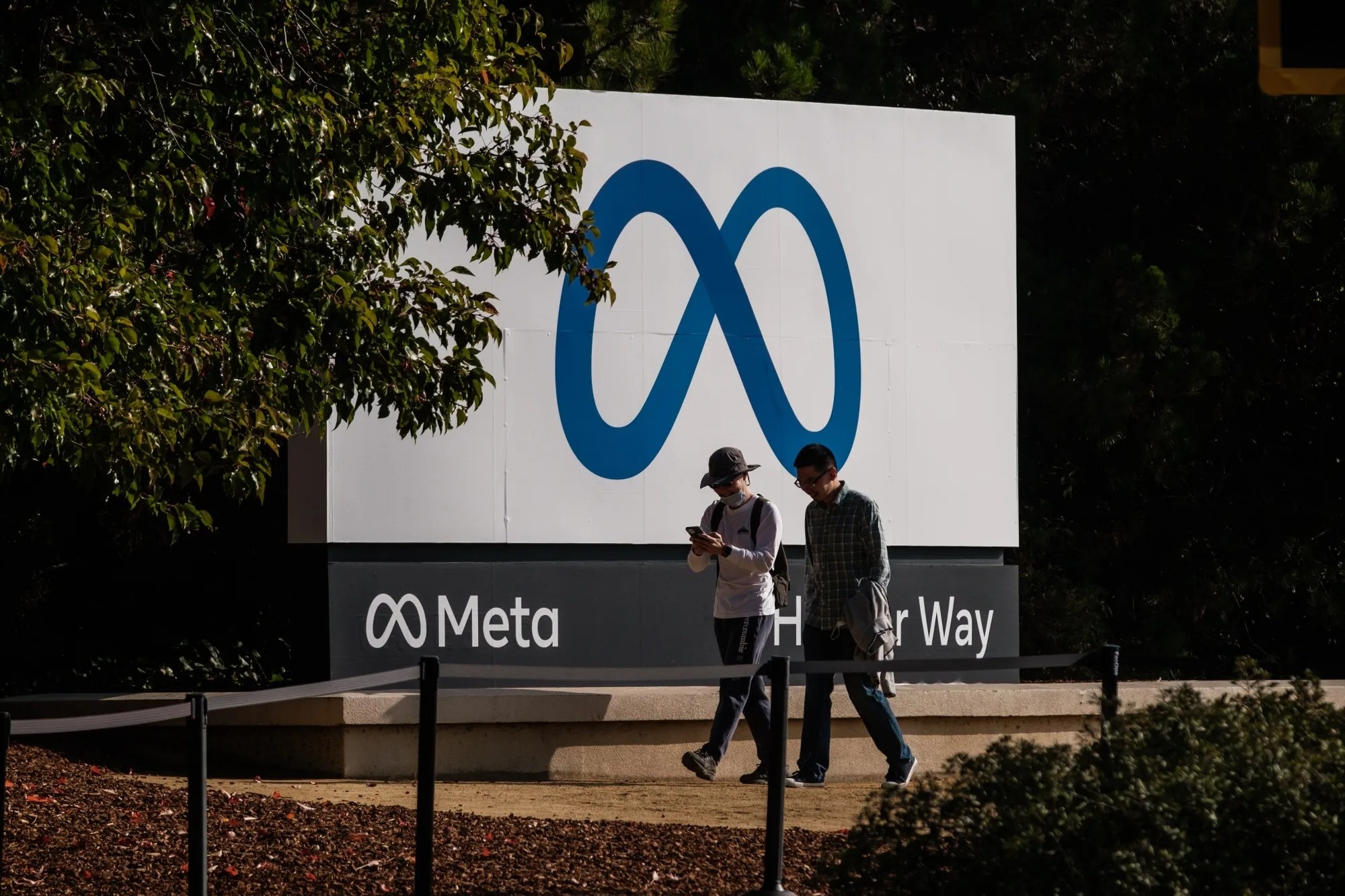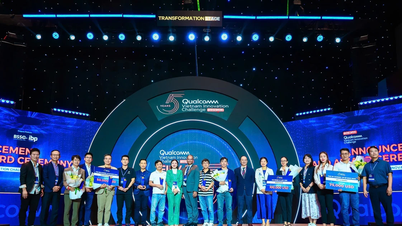 |
Mark Zuckerberg, CEO Meta. Photo: New York Times . |
According to the New York Times , Meta has just announced that it is splitting its AI division (called Meta Superintelligence Labs) into four small groups.
Specifically, one group focuses on AI research, another on “superintelligence” — a more powerful version of today’s AI. One group focuses on products, while the other focuses on infrastructure, such as data centers and related AI hardware.
This is the latest move by CEO Mark Zuckerberg in a strategy to restructure the company's AI division. Despite its great potential, the changes could exacerbate internal unrest at Meta.
Don't give up on your opponent
Sources say this is Meta's final restructuring in this period. The moves are expected to improve the apparatus, helping the company achieve its goal of creating superintelligence, developing AI products faster to compete with rivals.
Under the new structure, some leaders in the AI division are expected to leave Meta. The company is also considering downsizing. After hiring thousands of people, Meta plans to lay off staff or move employees to other divisions.
The source emphasized that everything related to personnel at Meta is still at the discussion level, with no official decision yet.
Meta is also considering the idea of using third-party AI models, rather than just using its own technology as it does now. According to the New York Times , this approach could be applied to building open-source AI models, or licensing closed-source models from other companies.
Meta’s AI division has seen a lot of upheaval in recent months. Zuckerberg has not hesitated to spend heavily to maintain his position, in a context where only a few big names are capable of developing the most advanced technology. The developments at Meta are closely watched by the tech world as the AI race has seen many successful and failed businesses.
 |
Tensions at Meta have been rising since the company hired Alexandr Wang. Photo: Reuters . |
Zuckerberg’s determination was evident in June, when Meta struggled to develop its latest AI model. At that time, the company announced the creation of a superintelligence development team, aiming to create AI more powerful than the human brain.
Shortly after, Meta invested $14.3 billion in startup Scale AI and hired CEO Alexandr Wang to lead its AI division. Meta also spent hundreds of millions of dollars recruiting researchers from rivals like OpenAI and Google, sparking a talent war in Silicon Valley.
During an investor meeting in July, Zuckerberg believed that superintelligence would usher in “a whole new era of personal empowerment,” and claimed that AI had already improved Meta’s core advertising business.
The company said capital expenditures this year could reach $72 billion , largely to build data centers and hire AI researchers.
Personnel changes
Tensions at Meta have been rising since Zuckerberg created a superintelligence team, led by Wang. According to the New York Times , Wang’s team focused on creating the company’s most powerful AI model, tentatively called the “frontier model.”
Wang's team is considering releasing the model as a closed system, a strategy that contrasts with Meta's previous tradition of open-sourcing. In comparison, companies keep their technology completely secret with a closed system, while an open-source AI model can be built upon and improved by outside developers.
According to the source, the team has abandoned Behemoth, Meta's previous boundary model, to develop new technology. Behemoth's scheduled release early last year was delayed due to poor performance testing results.
As Meta has spent billions of dollars recruiting AI talent, some longtime employees have grown frustrated with the new hires, three different sources said.
In July, Meta appointed OpenAI researcher Shengjia Zhao as its chief AI scientist . In recent weeks, a number of former employees and researchers have been asked to interview Zhao about his past work and for new positions.
 |
Meta logo in front of the company headquarters in California (USA). Photo: Bloomberg . |
Meta also hired former GitHub CEO Nat Friedman, along with Daniel Gross, former CEO of startup Safe Superintelligence. The duo will lead the AI feature development team in product and applied research.
The staffing changes don’t stop there. Joelle Pineau, one of Meta’s top computer scientists, left the company to join the startup Cohere. Angela Fan, a scientist who worked on the Llama model, also moved to OpenAI.
Loredana Crisan, vice president of generative AI, is leaving the company to take a position as chief design officer at Figma, the New York Times reported.
Several longtime AI leaders at Meta remain with the company. Rob Fergus, who co-founded Meta’s AI lab in 2014, continues to lead the Foundational AI Research (FAIR) lab, which is responsible for advancing AI through open source technologies.
Next, Ahmad Al-Dahle and Amir Frenkel, who were previously in charge of generative AI products, will focus on strategy and report to Wang.
Source: https://znews.vn/bien-dong-lon-tai-meta-post1578733.html






![[Photo] General Secretary To Lam attends the 80th anniversary of Vietnam's diplomacy](https://vphoto.vietnam.vn/thumb/1200x675/vietnam/resource/IMAGE/2025/8/25/3dc715efdbf74937b6fe8072bac5cb30)
































































































Comment (0)